Highlights
- Researchers identified new microbial communities that break down plastics in ocean environments.
- Study focuses on polyethylene terephthalate (PET) and other common plastics polluting marine ecosystems.
- Microbes use specialized enzymes to degrade plastic into smaller, less harmful compounds.
- Findings suggest the possibility of bioremediation strategies to clean up plastic waste.
- Offers a step toward sustainable solutions for global marine pollution.
TLDR
A study by Wandi Zhu, Yifan Zhang, Zhenhua Wang, and colleagues reveals microbial communities capable of degrading ocean plastics like PET. Their discovery paves the way for biological clean-up methods to tackle one of the most pressing environmental crises of our time.
The Plastic Crisis in Oceans
Plastic waste is one of the most pervasive forms of pollution in the modern world. Each year, millions of tons of plastics such as polyethylene terephthalate (PET)—used in bottles, textiles, and packaging—enter the world’s oceans. Unlike organic materials, plastics resist natural breakdown, persisting for centuries and causing harm to marine life, ecosystems, and even human health through the food chain.
Efforts to manage the crisis have included mechanical collection, chemical recycling, and bans on single-use plastics. However, these approaches are often costly, incomplete, or difficult to scale globally.
Microbes to the Rescue
The new study, published in npj Materials Degradation, highlights a more natural solution: plastic-degrading microbes.
Led by Wandi Zhu, Yifan Zhang, Zhenhua Wang, Xiaoqin Wu, Huimin Yan, Yibo Li, Xiaoyun Zhao, Jing Li, Rui Wang, Jingting Li, Guijie Hao, Zhemin Lin, and Hongxun Zhang, the research team investigated microbial samples from marine environments. They discovered communities capable of using enzymes to break down PET and related plastics into smaller molecules, some of which could even be reused as energy sources.
Enzymes as Nature’s Recycling Tools
The study focused on enzymes such as PETase and MHETase, which have the remarkable ability to cut through the tough chemical bonds in plastics. These biological tools work at ocean-relevant conditions, meaning they can function without extreme heat or pressure—unlike many industrial recycling processes.
By mapping microbial gene clusters, the researchers identified previously unknown enzymes with strong potential for degrading plastics. This expands the library of natural solutions for tackling the plastic waste problem.
Implications for Marine Pollution
The discovery carries enormous implications:
- Bioremediation: Harnessing these microbes could create natural clean-up systems in polluted waters.
- Circular economy: Enzymes might be engineered to convert plastic waste into usable raw materials, closing the recycling loop.
- Global monitoring: Mapping microbial degradation pathways helps predict how different environments cope with plastic influx.
However, the authors caution that much work remains. Scaling microbial solutions requires careful management to avoid disrupting ecosystems.
Future Directions
The team envisions further biotechnological development, including engineering super-enzymes or microbial consortia designed for targeted clean-up operations. Combining these biological tools with traditional waste management could accelerate progress against plastic pollution.
Their work adds to a growing movement of scientists exploring nature-inspired solutions to one of humanity’s biggest environmental challenges.
Source: Zhu, W., Zhang, Y., Wang, Z., Wu, X., Yan, H., Li, Y., Zhao, X., Li, J., Wang, R., Li, J., Hao, G., Lin, Z. & Zhang, H. (2025). Marine microbial communities involved in plastic degradation. npj Materials Degradation. https://doi.org/10.1038/s41746-025-01796-8

